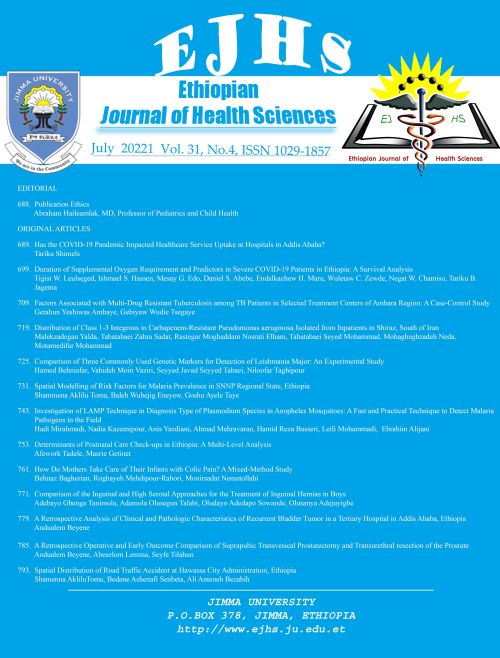Main Article Content
The Effect of Oral Simvastatin on the Clinical Outcome of Patients with Severe Traumatic Brain Injury: A Randomized Clinical Trial
Abstract
BACKGROUND: Despite recent promising pharmacological and technological advances in neurosurgical intensive care, the overall TBI-related mortality and morbidity remain high and still pose a major clinical problem. The aim of this study was to evaluate the effect of oral simvastatin on the clinical outcome of
patients with severe TBI.
METHODS: In a double-blind placebo-controlled randomized clinical trial a total of 98 patients with severe TBI in Imam Khomeini Hospital in Sari, Iran, were evaluated. Patients who meet the inclusion criteria were randomly allocated into two groups (n=49). In addition to supportive therapies, the intervention group received oral simvastatin (40 mg, daily) for 10 days, and the control group received the placebo (10 days). Patients' Glasgow coma scale (GCS) score, in hospital mortality, duration of mechanical ventilation and length of ICU and neurosurgery ward stay were evaluated during three-time intervals (T1: admission, T2: discharge and T3: one month after discharge).
RESULTS: The percentage of conscious patients was 18.9% (7 cases) in the simvastatin group and 3.1% (1 case) in controls (P=0.06) at T2. One month after discharge (T3) the proportion of conscious patients significantly increased in the simvastatin group compared to control group (64.9 % versus 28.1 %; P=0.002). There was no significant difference for the mean of GCS score between the simvastatin group and control group at T1 (6.41 ± 1.30 versus 6.41 ± 1.28, respectively; P = 0.98). However, the mean score of GCS in patients who received simvastatin was significantly greater than controls at T2 and T3 (p<0.05). There was no significant differences between two group in-terms of length of mechanical ventilation, ICU and neurosurgery ward stay.
CONCLUSION: According to the results of this study it seems that using simvastatin may be an effective and promising therapeutic modality for improving GCS score during TBI recovery.






